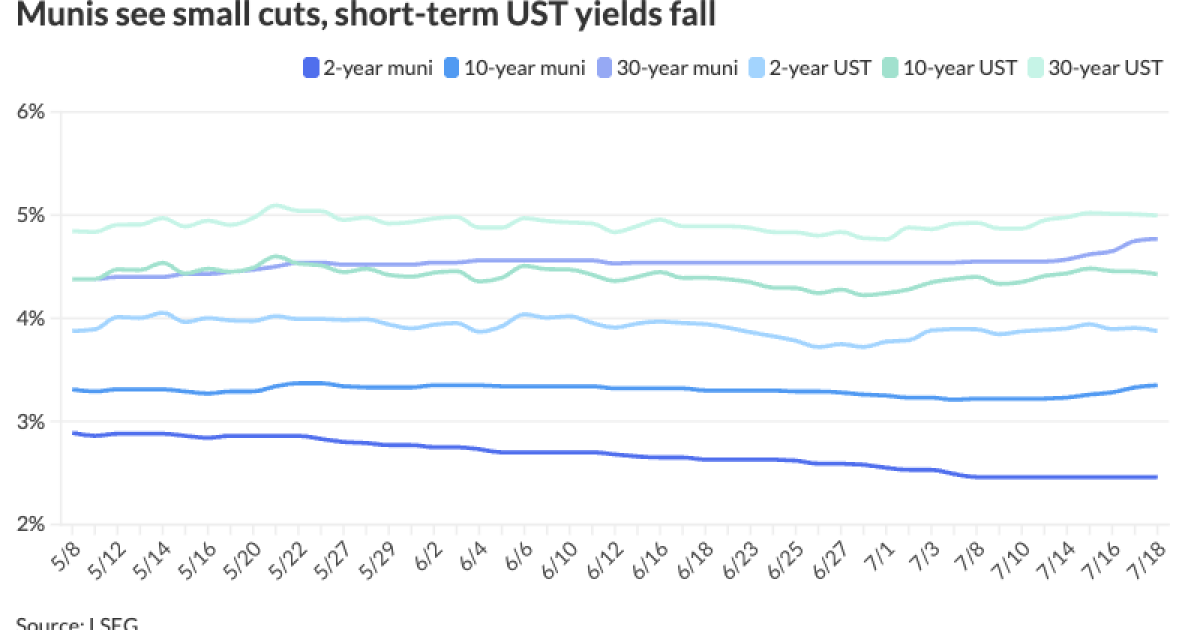White House sends states $60 billion for roads, bridges
2 min read
The Biden Administration Tuesday announced it is sending states $59.9 billion of fiscal year 2023 transportation funds allocated under the bipartisan infrastructure law.
The money marks a $15.4 billion increase in formula highway funding over fiscal year 2021 allocation, administration officials said on a press call.
It’s the second year of funding under the Infrastructure Investment and Jobs Act, which was signed into law in November 2021 and promises five years of increased appropriations for formula dollars. The federal fiscal year began Oct. 1.
“This is more than a $15 billion increase from the year before the bipartisan infrastructure law and what that ultimately adds up to is a lot more good projects that improve everyday life,” Transportation Secretary Pete Buttigieg told reporters. The formula funds “give states a high degree of flexibility to meet their needs,” he said. “We will be working closely with states to help them deliver on time and on task.”
The money goes to 12 formula programs for roads, bridges, tunnels and safety improvements. Programs that are new this year include investments in a national electric vehicle charging system and carbon reduction as well as the Promoting Resilient Operations for Transformative, Efficient and Cost-Saving Transportation Formula program.
The $59.9 billion will go to all 50 states, Washington, D.C. and Puerto Rico. Texas will receive the most, at $5.5 billion, followed by California with $5.6 billion and New York, with $2.7 billion.
“We’re coming up on a year since the president signed the bipartisan infrastructure law, and we’ve made unbelievable strides,” said White House infrastructure coordinator Mitch Landrieu. “We’re pushing the money out the door and turning dirt on projects all over the country.”
The announcement comes several days after the U.S. Department of Transportation Office of the Inspector General released a 17-page memo outlining the DOT’s challenges in implementing the infrastructure law. The DOT needs to assess and mitigate risks to achieving its goals, especially the risk of fraud, the memo said. Recruiting sufficient workforce to implement and oversee the IIJA programs marks another potential problem, as is DOT’s need to establish or enhance processes for awarding grants and overseeing compliance with federal requirements.







